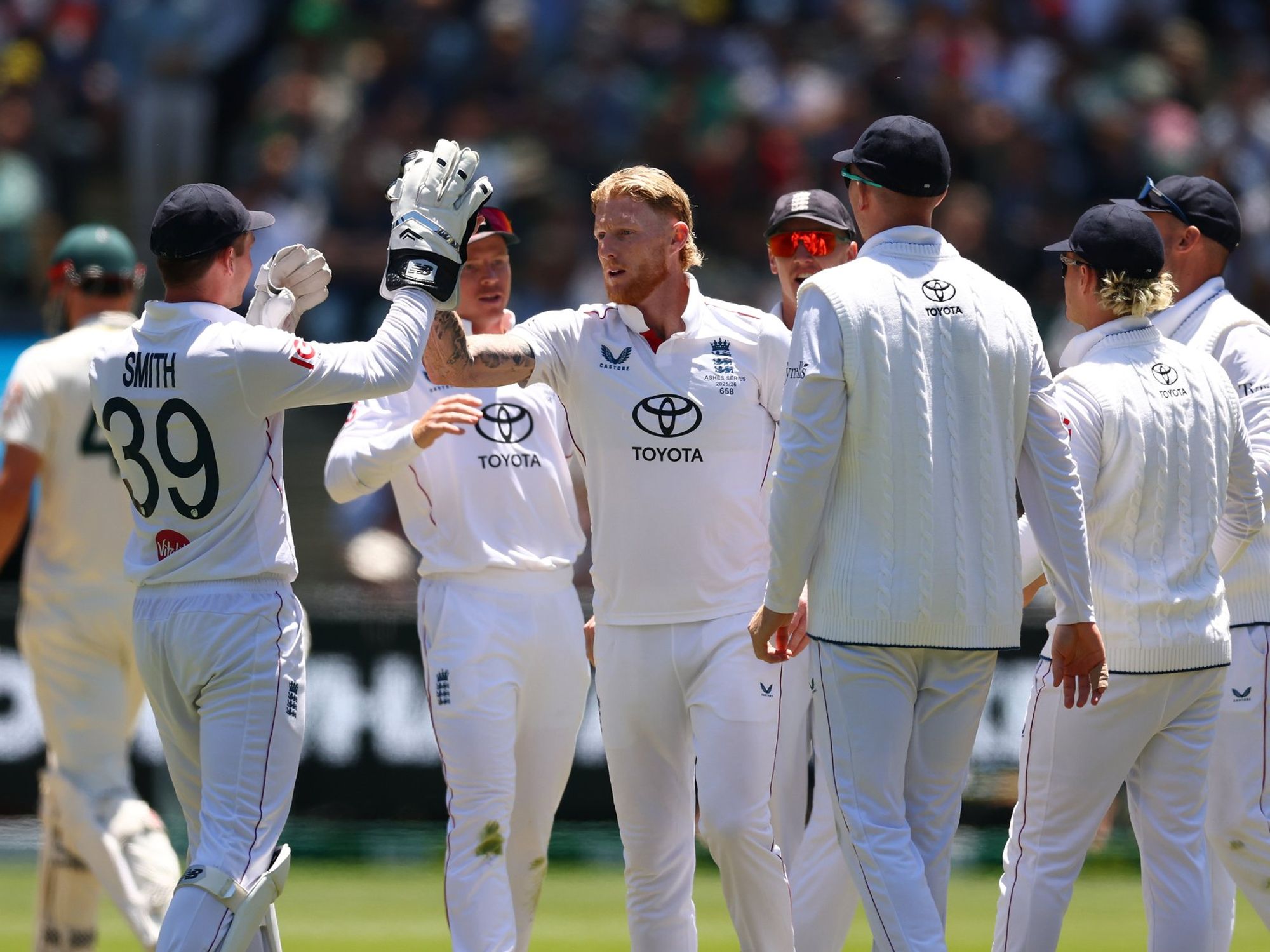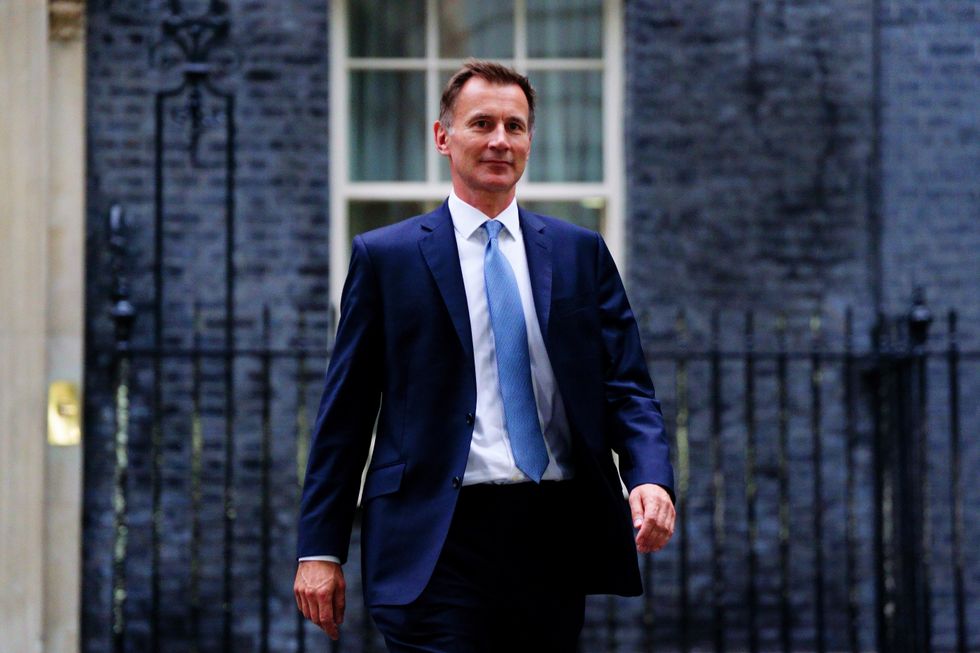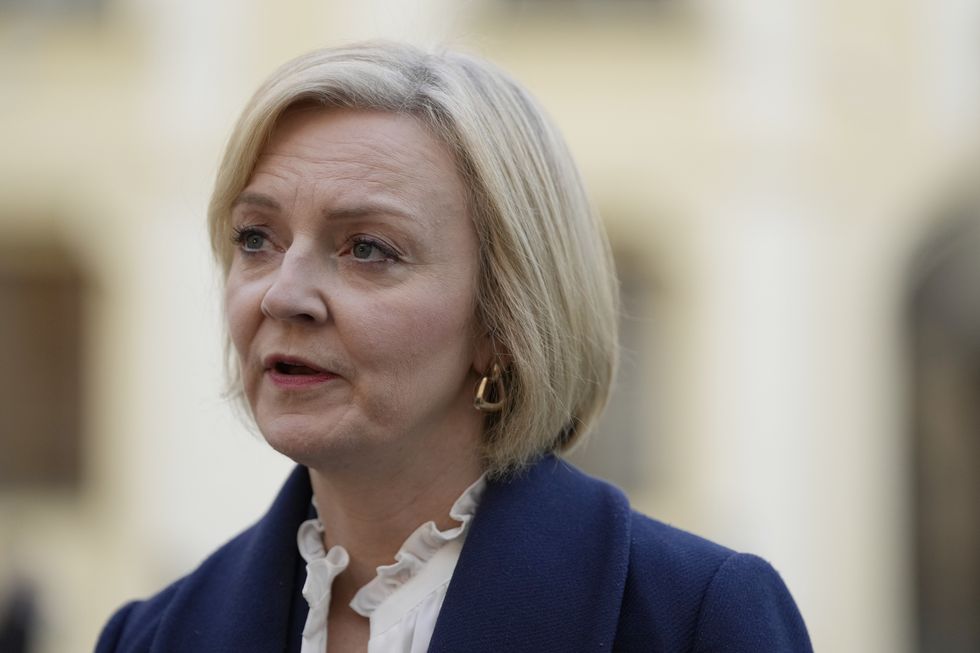Jeremy Hunt to fast-track billions of pounds of savings in bid to end turmoil
Mr Hunt will issue an emergency statement on Monday to rush forward measures that had been due to be announced on October 31
Don't Miss
Most Read
New Chancellor Jeremy Hunt is to fast-track billions of pounds of savings in an attempt to get the public finances back on track and stabilise financial markets after weeks of turmoil.
The Treasury said Mr Hunt will issue an emergency statement on Monday to rush forward measures that had been due to be announced on October 31 in what is known as the medium-term fiscal plan.
He will then address MPs in a statement to the House Of Commons later in the afternoon.
It follows talks over the weekend between Mr Hunt and Prime Minister Liz Truss on what the Treasury described as measures “to ensure sustainable public finances underpin economic growth”.
Jeremy Hunt
Victoria Jones
Mr Hunt has already warned that taxes will have to rise and public spending will be squeezed to address the black hole in the public finances opened up by former chancellor Kwasi Kwarteng’s £45 billion mini-budget tax giveaway.
The decision to issue a statement ahead of his appearance at the despatch box was being seen as a sign of the urgency of the situation within Government.
The markets reacted positively to the news, with the pound up against the dollar in early trading while the cost of government borrowing fell, but Labour said it was a sign of “panic”.
Within hours of his surprise appointment on Friday, Mr Hunt had effectively torn up the last shreds of Ms Truss’s and Mr Kwarteng’s economic strategy to boost growth through slashing taxes.
Ms Truss had already been forced to perform a series of U-turns abandoning Mr Kwarteng’s plans to scrap the 45p top rate of tax and to freeze corporation tax.
Liz Truss
Alistair Grant
While his decision to reverse the hike national insurance contributions is likely to stay, other measures – including bringing forward a 1p cut in the basic rate of tax, VAT-free shopping for tourists and easing the IR35 rules on self-employment – could all be swept away.
The Institute for Fiscal Studies has estimated that Mr Kwarteng’s plans left a £60 billion hole in the public finances, while reports at the weekend said the official forecasts of the Office for Budget Responsibility – due to be published on October 31 – suggest it could be as much as £70 billion.
The latest developments come as Ms Truss continues to cling to power amid despair among Tory MPs over the calamitous start to her premiership.
Over the weekend, three Conservative backbenchers publicly called on her to go, however there was no consensus among Tory MPs as to who should replace her.
The veteran backbencher Sir Roger Gale said “the last thing” the party wanted was another leadership election following the contest over the summer to replace Boris Johnson.
“You have than got a situation, where if the Prime Minister were to decide her position was untenable and she went then there would have to be I think a coronation,” he told Sky News.
“For that to happen you have to have an agreed candidate. At the moment I see no single agreed candidate within the party.”
Ms Truss is due to address the One Nation group of Conservative MPs later on Monday as she tries to shore up support following her disastrous appearance last week before the 1922 Committee.
Among the possible successors if Ms Truss does go are former chancellor Rishi Sunak, who was the runner-up to Ms Truss in the leadership election and topped the voting among MPs.
But he would be fiercely opposed by Boris Johnson loyalists unable to forgive his role in bringing down the former prime minister.
Others being touted as possible “unity” are the Leader of the House Penny Mordaunt and the well-regarded Defence Secretary Ben Wallace.













